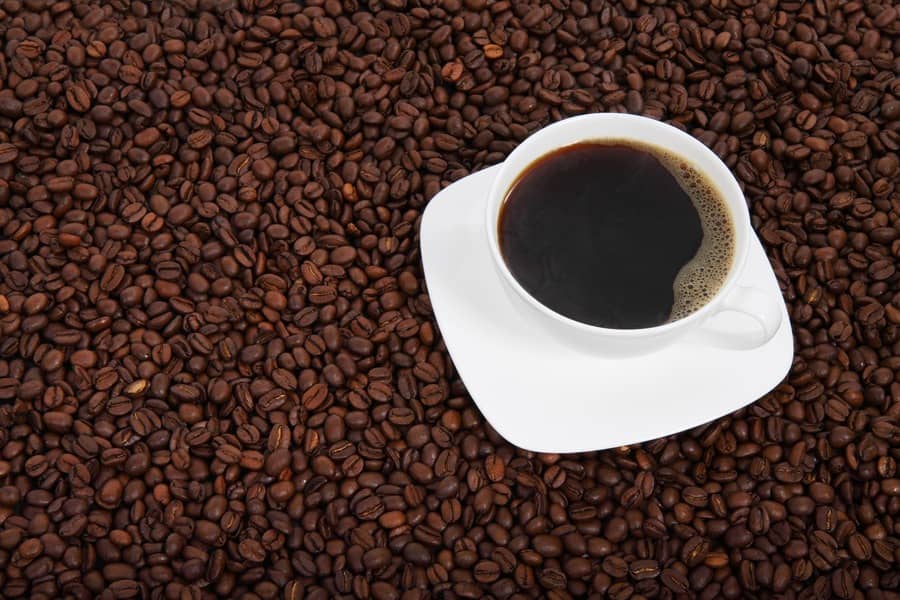Prices in the internal physical coffee market have plummeted, reflecting the downward combo in New York, weak dollar, and a negative correction in differentials in the port of Santos. In the south of Minas Gerais, good cup is indicated at BRL 820 a bag, accentuating the decline from June and continuing the negative movement, after the rebound at the beginning of the year. Fine cup must find some encouragement in the increasing demand for the description due to the lowest supply of Colombian milds. But this movement of relative appreciation tends to gain more weight after the crop bottleneck is overcome and also extends to cherry coffee (semi-washed).
In the Matas de Minas region, Rio cup accentuates the losses and already works below the line of BRL 700 a bag for a batch with up to 20% of defects. The decline on ICE US and the wetter harvest, increasing the supply of weaker arabica coffee, justifies this performance. The decline in the price of the description has attracted the interest of the local roasted and ground industry, which has once again changed the blend, reducing the use of conillon in favor of weaker arabica.
Conillon ended up falling and moving away from the highs, reflecting the slowdown in the robusta price curve in London and the greater internal competition with weaker arabica. Well-capitalized growers and the still highly valued external price end up favoring a short stance by sellers, which softens the negative pressure. But be careful, as the arrival of the new crop in Vietnam in the last quarter of the year and the change in the blend in the local roasted and ground industry could force a more significant negative adjustment in the conillon price curve. It is good to note that a lower use of conillon by the domestic industry could mean a greater surplus of the description in the market. It is good to remember that exports of Brazilian conillon are very weak.
Finally, hard arabica cup with 600 defects reduces the difference from conillon type 7 in Espírito Santo to BRL 95 a bag, well below the BRL 550 that it reached last season. Many industries have sought arabica, especially those located in production regions, due to the price very close to that of conillon and the advantage in terms of ICMS tax. The advance in shipments of Brazil’s 2023 crop must increase the supply of 600 defects, which could generate pressure and send arabica closer to conillon.

